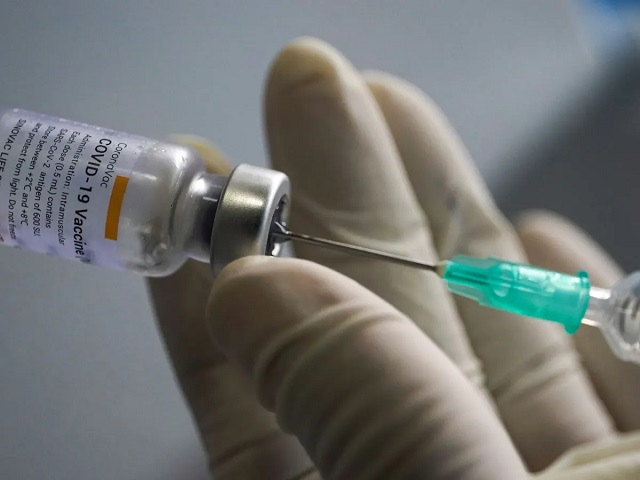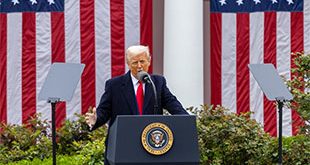
Geneva, Switzerland | Xinhua | Experts from the World Health Organization (WHO) recommended on Monday that booster doses of COVID-19 vaccines should be offered to moderately and severely immunocompromised people.
After four days of talks last week, the WHO’s Strategic Advisory Group of Experts on Immunization (SAGE) recommended that such people should receive a third dose of a vaccine on the WHO Emergency Use Listing (UEL) as they are “less likely to respond adequately to vaccination following a standard primary vaccine series and are at high risk of severe COVID-19 disease.”
Since the end of September, several COVID-19 vaccines have been certified by WHO UEL, including Pfizer-BioNTech, Janssen, Moderna, Sinopharm, Sinovac, AstraZeneca, and Covishield. SAGE said it had also reviewed COVAXIN, made by India’s Bharat Biotech, and a policy recommendation will be issued once the vaccine is approved by WHO UEL.
Third doses of the Sinovac and Sinopharm inactivated virus vaccines should be offered to those over 60, said WHO experts. Meanwhile, the use of a heterologous (or live virus) vaccine for the additional dose may also be considered based on vaccine supply and access considerations.
“When implementing this recommendation, countries should initially aim at maximizing two-dose coverage in that population, and thereafter administer the third dose, starting in the oldest age groups,” SAGE said.
The WHO had earlier called for a global moratorium on COVID-19 booster doses, aiming for a more equitable distribution of vaccines globally to enable every country to vaccinate at least 40 percent of its population.
Last week, WHO announced an initiative to vaccinate 40 percent of the population of every country against COVID-19 by the end of 2021, and 70 percent by mid-2022. This drive would prioritize vaccine delivery to low-income countries, particularly those in Africa.
*****
Xinhua
 The Independent Uganda: You get the Truth we Pay the Price
The Independent Uganda: You get the Truth we Pay the Price



